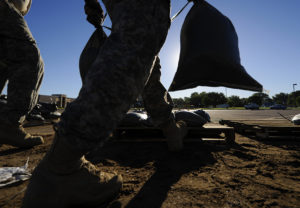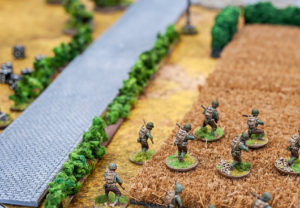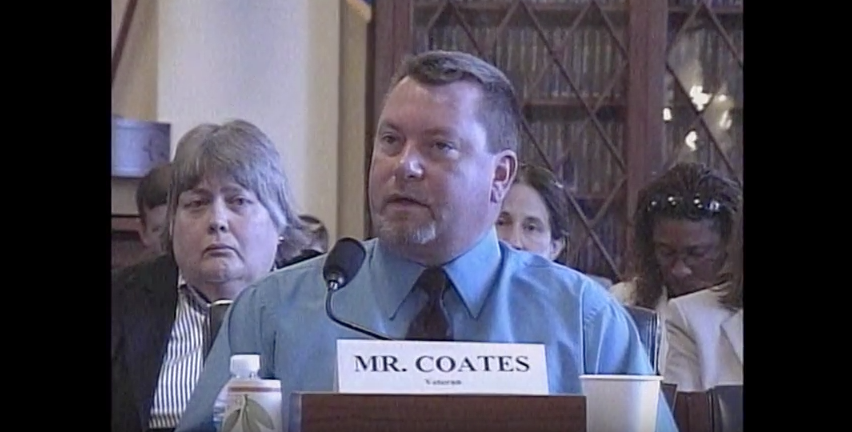Barry Coates, a military veteran and the human face of a widespread medical care scandal in 2014, passed away after battling cancer for four years. He was only 46 years old.
Coates was the first veteran to draw attention to the exceedingly long wait times for medical care at VA hospitals. The Army veteran had started showing the signs of colon cancer in 2011, but his colonoscopy was arbitrarily delayed by medical professionals for an entire year. By the time Coates was able to convince VA doctors to stop dragging their feet, the tumor on his colon had grown to the size of a baseball.
“I don’t know what my outcome is going to be,” Coates told CNN in 2014. “I just try to live every day like it’s my last day.”
His story sparked an avalanche of outrage across the nation. VA Secretary Eric Shinseki was forced to resign over the scandal, and the federal government swiftly passed a law to overhaul the entire VA. Coates even testified before Congress about the negligent delay of his care.
“Due to the inadequate and lack of follow-up care I received through the VA system, I stand before you terminally ill today,” Coates told Congress. His speech left several lawmakers in tears.
Coates’ contributions to the military community cannot be understated. By speaking up and speaking out, this veteran galvanized the government to unmask the VA’s flawed medical practices and push for reform. That he eventually died of the same cancer that the VA failed to treat is a tragedy.
CNN spoke to Coates’ family about his death and his contribution to ringing the alarm on VA medical care scandal.
Coates’ son, Shane, 23, on Wednesday described his father’s fight and how he remained committed to helping other veterans to the end.
“Everything they did at the VA was dragged out, it was never a quick appointment for anything,” Shane Coates said. “He had to wait so long to get any treatment. After what happened to him, he just wanted to fight for other veterans.”
“He wanted to show the world that when you go fight for your country, it’s not right that you come home and then you have to fight just to get basic medical treatment,” Shane Coates said. “The way they treated him, and other veterans, it’s just not the way any veteran should ever be treated. It’s just not right.”
You can watch a portion of Coates’ testimony in front of Congress below.




































